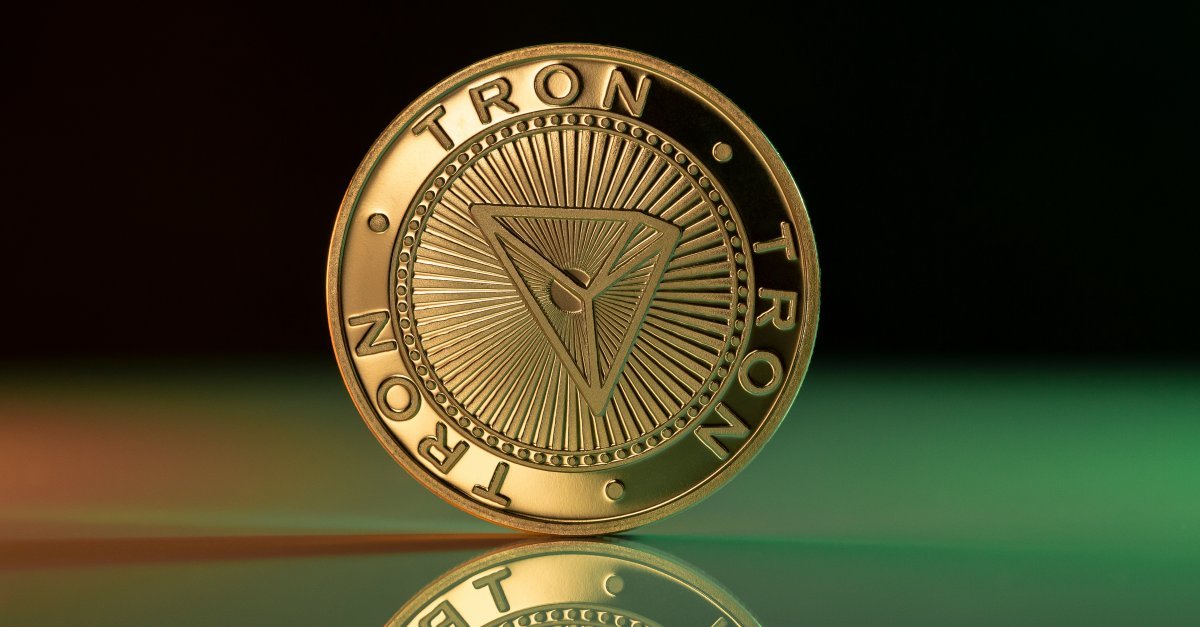Cryptocurrency investors are currently navigating the landscape with anticipation for regulatory developments, and in this climate, major cryptocurrencies are experiencing positive momentum. Optimistic sentiments among crypto enthusiasts suggest that the market might be on the verge of achieving new all-time highs. Additionally, there is hope that increased regulatory clarity could pave the way for more institutional investors to embrace cryptocurrencies.
Despite the proliferation of thousands of alternative cryptocurrencies, the dominance of Bitcoin (BTC) and Ethereum (ETH) persists, collectively constituting over two-thirds of the total cryptocurrency market.
Here are the top 10 cryptocurrencies by market capitalization, excluding stablecoins:
1. Bitcoin (BTC)
- Market Cap: $934.6 billion
- Year-over-year return: 174%
Bitcoin, created over 14 years ago by the mysterious Satoshi Nakamoto, remains the most popular and valuable cryptocurrency globally. Its decentralized and transparent nature makes it attractive to investors and users, although concerns have been raised about its energy-intensive proof-of-work consensus mechanism and scalability challenges.

2. Ethereum (ETH)
- Market Cap: $318.2 billion
- Year-over-year return: 99%
As one of the first altcoins, Ethereum, launched in July 2015, introduced smart contracts to the blockchain. Ethereum completed its transition to a less energy-intensive proof-of-stake consensus mechanism in 2023, making it a greener investment compared to Bitcoin.

3. Binance Coin (BNB)
- Market Cap: $47.7 billion
- Year-over-year return: 13%
Originally a utility token on the Ethereum network, BNB is issued by Binance, one of the world’s largest cryptocurrency exchanges. BNB has expanded its use cases beyond trading fee discounts and can now be utilized for various transactions and applications.

4. Solana (SOL)
- Market Cap: $45.8 billion
- Year-over-year return: 571%
Launched in March 2020, Solana aims to offer faster and cheaper transactions than Ethereum through its unique hybrid proof-of-stake and proof-of-history verification system. Despite occasional network outages, Solana experienced significant price growth in 2023.

5. XRP (XRP)
- Market Cap: $33.4 billion
- Year-over-year return: 68%
Created by Ripple, XRP operates as a global payments network designed to rival the SWIFT system. A legal ruling in July suggested that XRP might not necessarily be classified as a security, potentially impacting its regulatory standing.

6. Cardano (ADA)
- Market Cap: $21.3 billion
- Year-over-year return: 93%
Founded by Ethereum co-founder Charles Hoskinson, Cardano is a decentralized proof-of-stake blockchain focused on efficiency and functionality. ADA is the primary cryptocurrency used on the network for transactions and staking.

7. Avalanche (AVAX)
- Market Cap: $14.9 billion
- Year-over-year return: 228%
Launched in September 2020, Avalanche distinguishes itself by being compatible with Ethereum. It serves as a smart contract platform where decentralized applications (dApps) can be built.
8. Dogecoin (DOGE)
- Market Cap: $12.3 billion
- Year-over-year return: 13%
Initially created as a parody of Bitcoin, Dogecoin has gained legitimacy and popularity, fueled in part by endorsements from figures like Elon Musk and Mark Cuban. Despite its humorous origins, Dogecoin is taken seriously by some crypto traders.

9. Polkadot (DOT)
- Market Cap: $10.8 billion
- Year-over-year return: 74%
Launched in 2020 by Ethereum co-founder Gavin Wood, Polkadot aims to connect previously unconnected blockchains. Its unique parachains enable customization while benefiting from the security of the main Polkadot chain.

10. TRON (TRX)
- Market Cap: $9.5 billion
- Year-over-year return: 95%
TRON, launched in August 2017, aims to decentralize the internet through blockchain technology and dApps. Despite its ambitious goals, TRON founder Justin Sun faced SEC charges in March 2023 related to fraud and securities law violations.

Understanding Cryptocurrency: Cryptocurrencies operate on decentralized and secure computer networks, functioning independently based on their programming code. Unlike traditional fiat currencies, such as the U.S. dollar, cryptocurrencies rely on blockchain technology and are not backed by governments or central banks.
How to Buy Cryptocurrency: Cryptocurrencies are traded on exchanges similar to stocks and ETFs. However, not all brokers offer cryptocurrency trading. To buy cryptocurrency, one needs to choose a suitable broker or exchange, create and verify a trading account, and deposit funds. Popular crypto brokers include Robinhood and SoFi, while well-known exchanges include Coinbase and Binance.
In conclusion, the cryptocurrency market continues to evolve, driven by ongoing regulatory developments and growing institutional interest. Investors are closely monitoring these top-performing cryptocurrencies as they navigate the dynamic landscape of digital assets.
